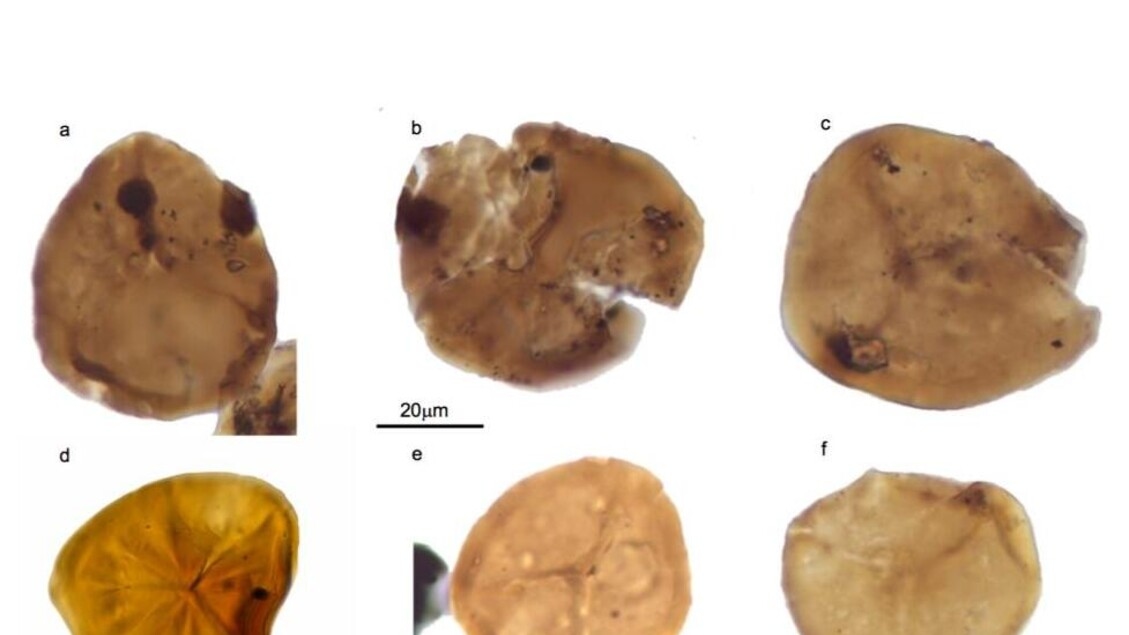Fossil remains in the Alps bear witness to geological transformations

The fossils discovered in the western Italian Alps , specifically in the Dora-Maira Massif in Piedmont , reveal an exceptional characteristic: they survived the profound geological transformations that affected the rocks they are composed of. Over hundreds of millions of years, the rocks sank into the Earth's mantle under conditions of extreme pressure and temperature, only to return to the surface with their precious cargo virtually intact. The discovery was made by an Italian research team led by the University of Turin with participation from the University of Perugia. The finding,published in the journal Scientific Reports, opens new perspectives on the search for life in extreme environments, such as other planets.
The tiny traces identified by the study's authors, led by Rodolfo Carosi, consist of pollen, spores, and microscopic marine organisms dating back to a period between 323 and 251 million years ago . The rocks they are made of have undergone not one, but two so-called 'orogenic' cycles, the sequence of events that lead to the formation of a mountain range: the first, older one, occurred approximately 340 million years ago, while the second, beginning about 100 million years ago, is what gave rise to the Alps.
Traces of life have therefore survived dramatic transformations, as some of the rocks were pushed into the Earth to a depth of about 100 kilometers. The researchers emphasize that this is the first discovery in the world of fossils preserved after being exposed to such extreme temperatures and pressures.
ansa





